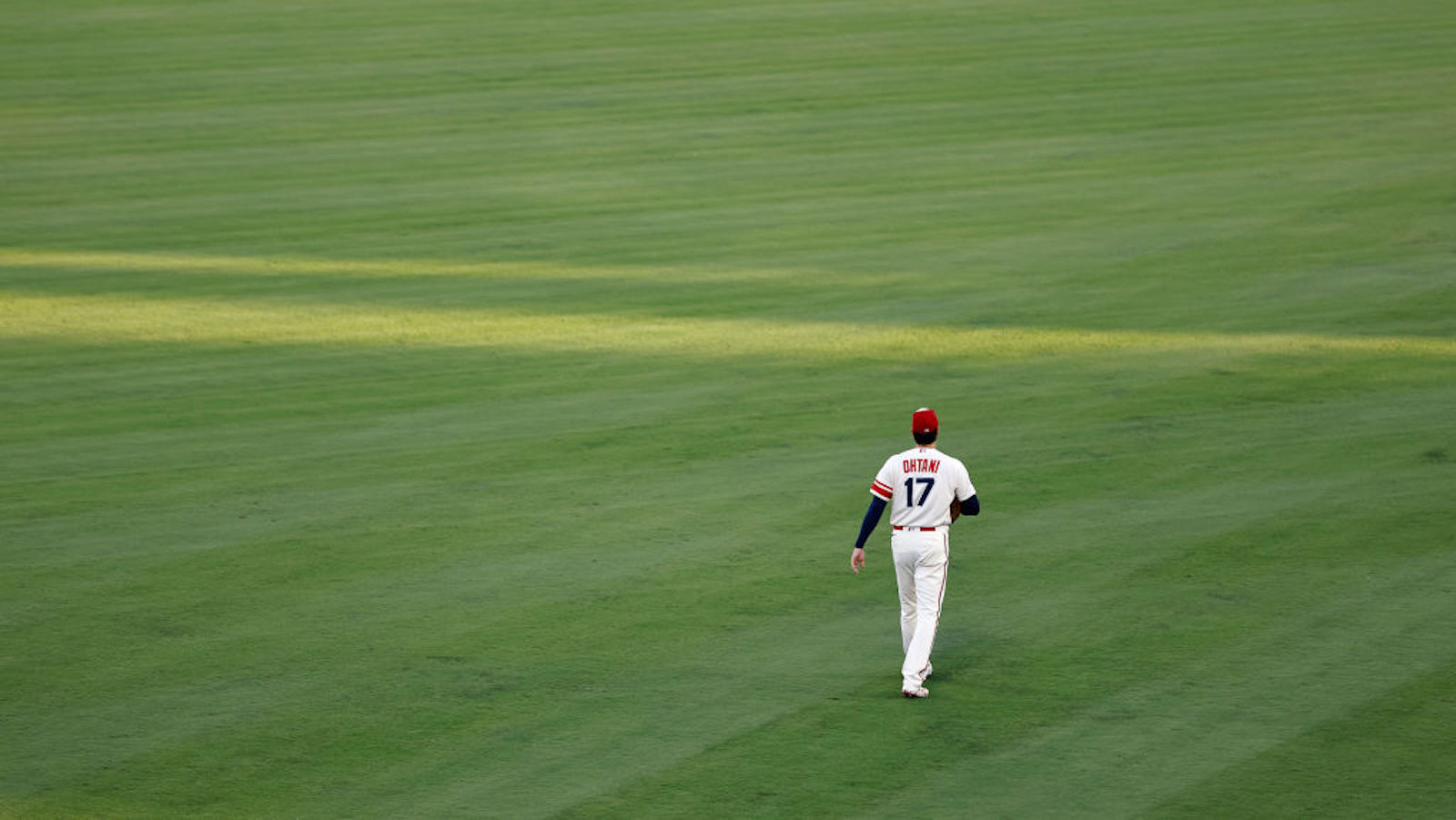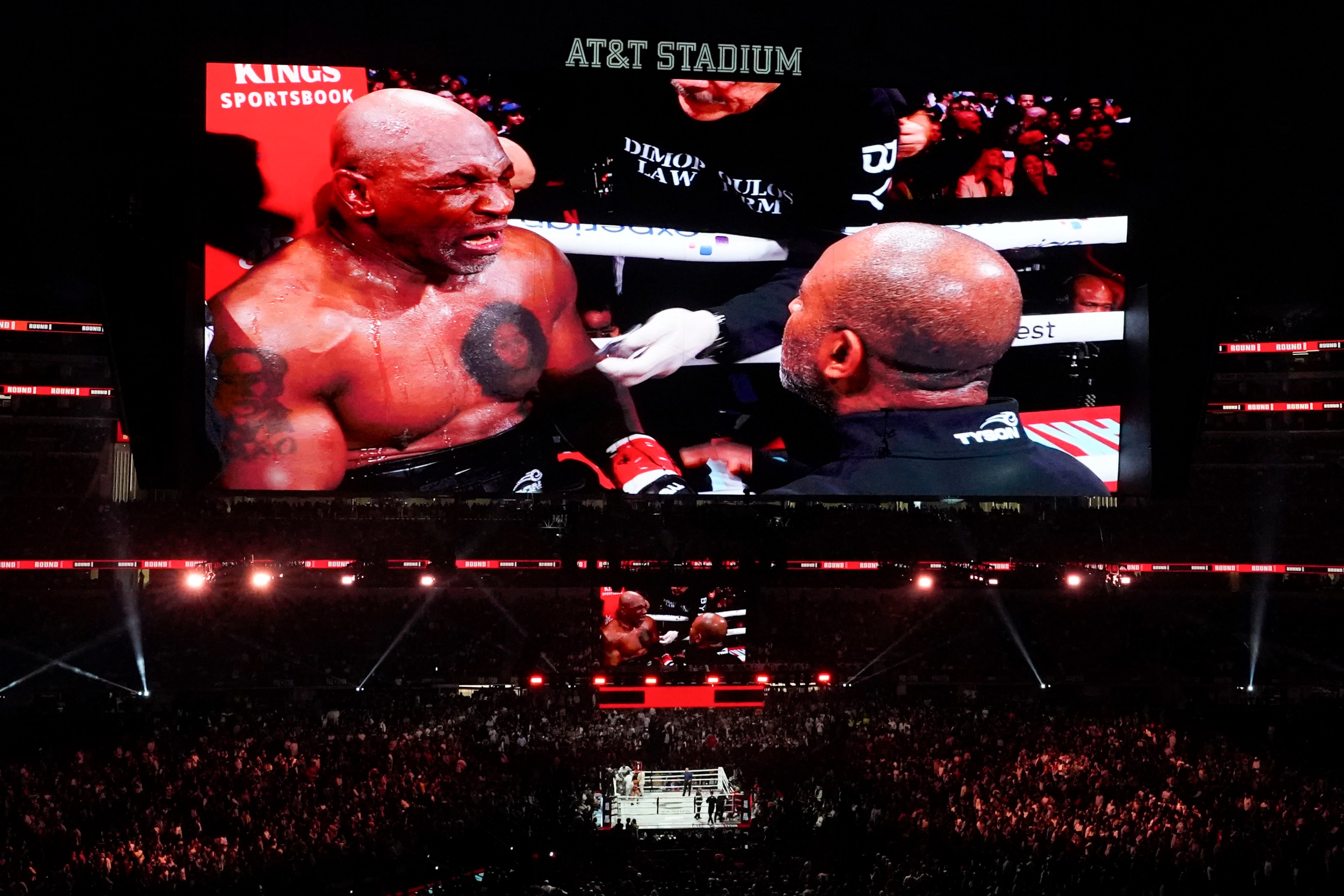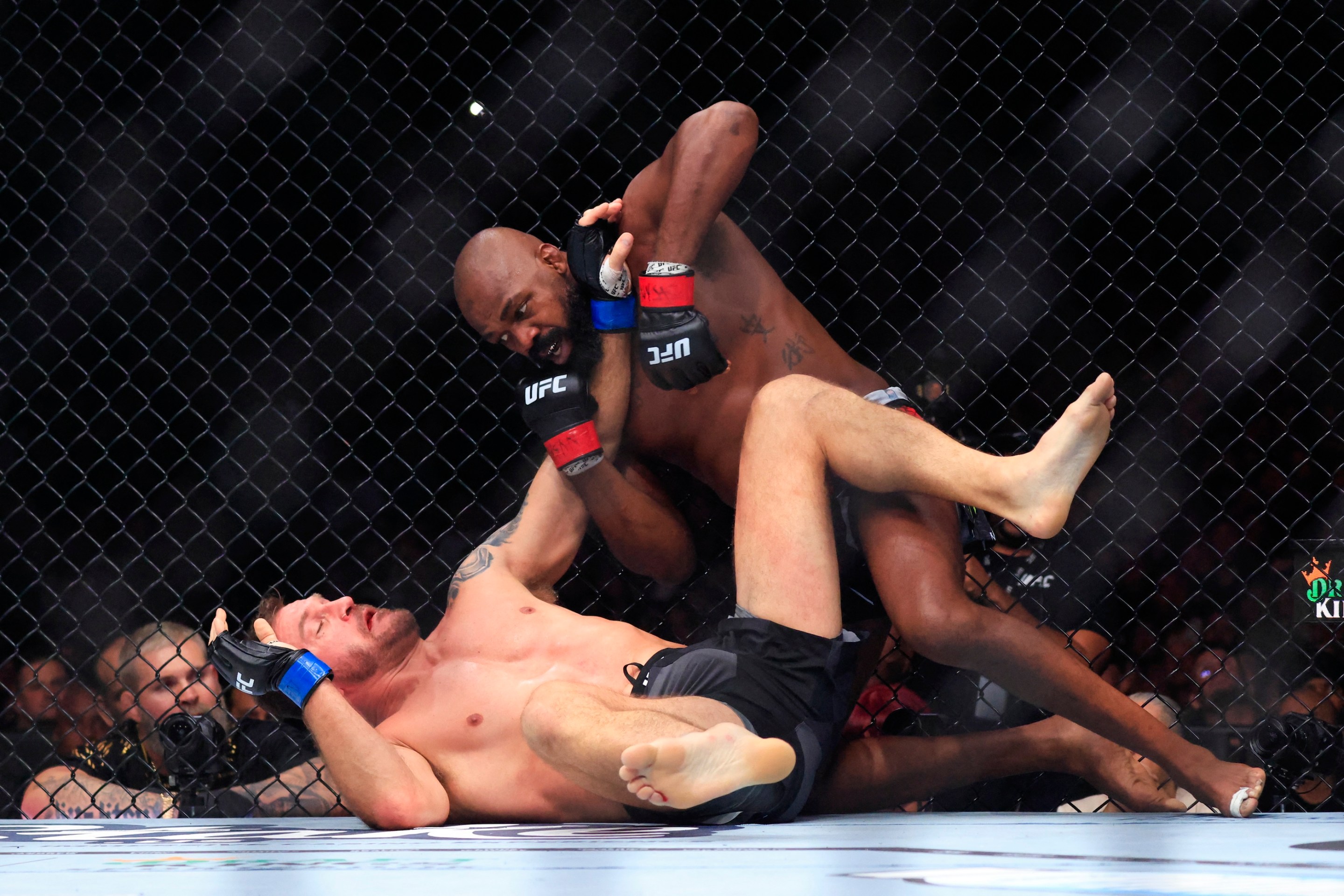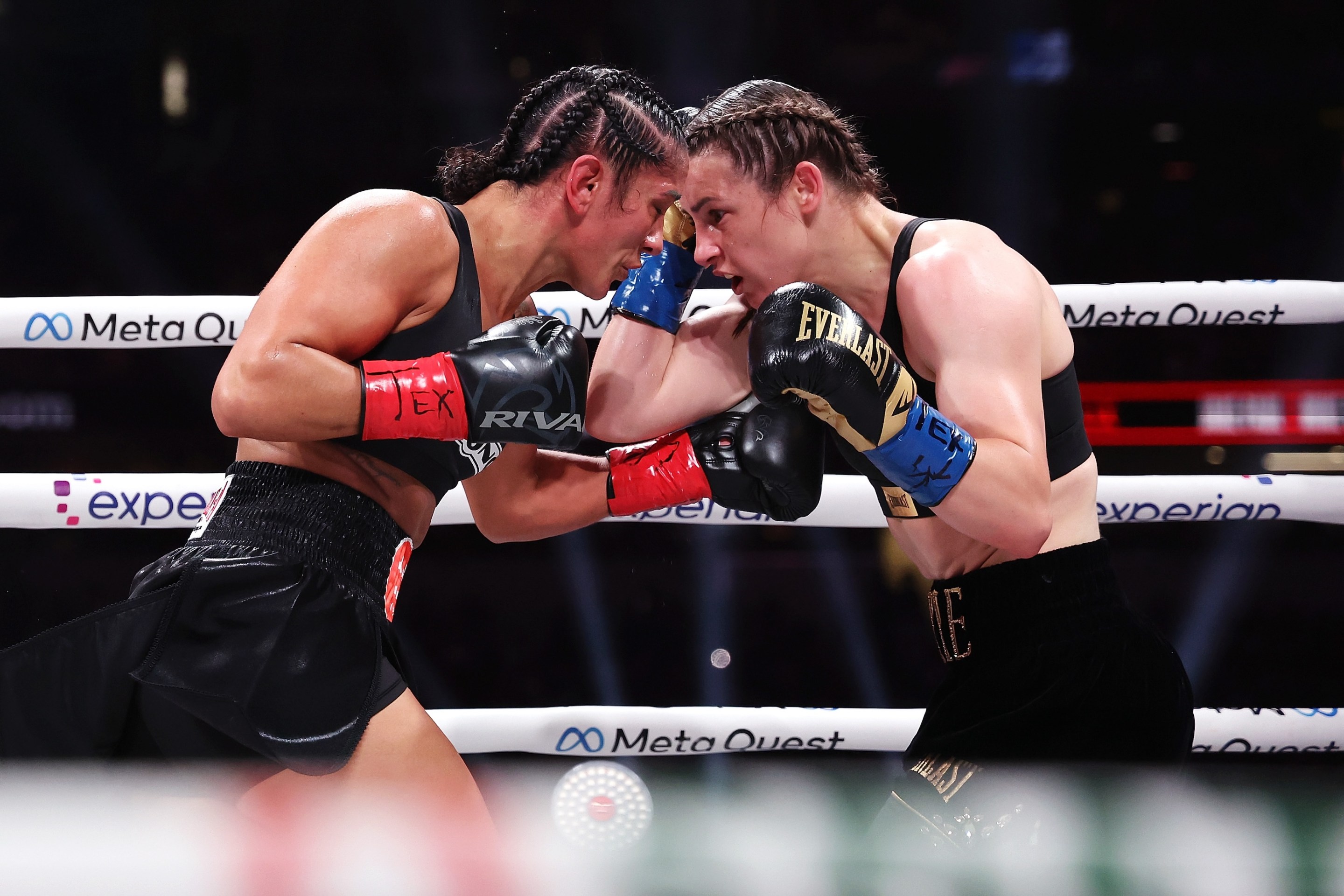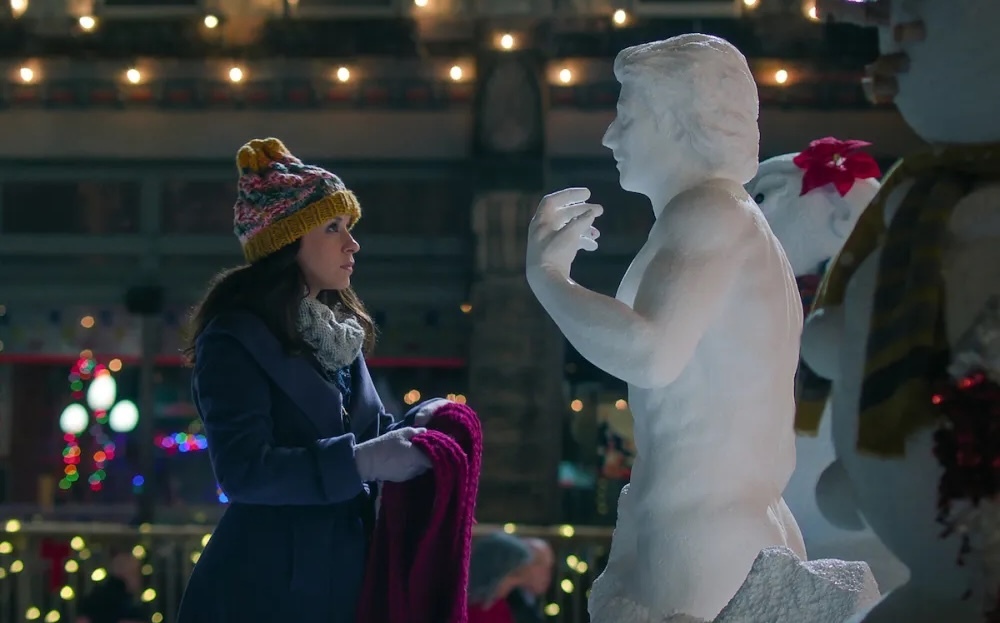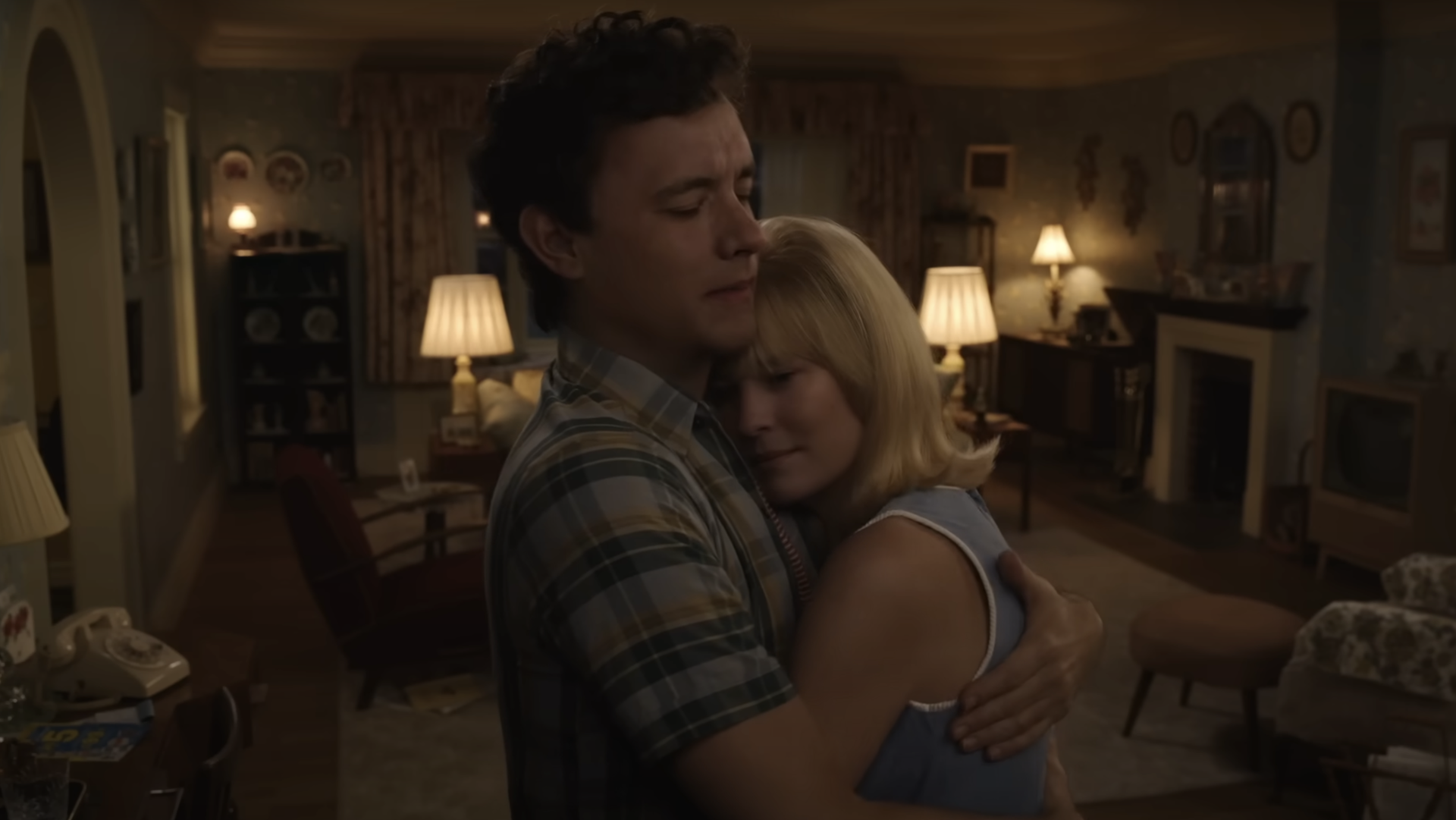We are a few scant games from the end of the MLB season, and so can now definitively say that Shohei Ohtani has done it again. At the plate, he's slashing .275/.358/.529 to go along with 34 homers. On the mound, he's made 27 starts and struck out 213 batters in 161 innings while carrying an ERA of 2.35. He is, for the second consecutive season, both one of the very best hitters and very best pitchers in the league, all bundled into one impossible vessel.
If Ohtani has faded a bit from the national consciousness during the second half of the season, it is hardly his fault. The Angels stink, again, and as they fell further and further off the pace most of the national attention rightfully shifted towards Aaron Judge's pursuit of Roger Maris and Albert Pujols's quest for 700 home runs. But Ohtani has been there, every day, playing baseball at a level of excellence that had never previously been imagined. On Thursday night against the Oakland A's, Ohtani carried a no-hitter into the eighth inning. As the game wore on, each clean inning tugged Ohtani back towards the center of the baseball universe. I'm still out here, he seemed to be saying. You won't want to miss this.
A no-hitter in the final weeks of the season certainly would have been a good way to earn some attention, but the outing ultimately ended in a way much more fitting of Ohtani's campaign. With two outs in the eighth inning, Conner Capel broke up the no-no with a weak single that just barely leaked out of the infield.
What sticks out to me is what Ohtani did immediately after the hit. He turned to his fielders, raised his hands to his temples like a racehorse's blinders, and shaped a tunnel around his eyes. Then he turned to his catcher and did the same thing. The meaning was clear: Focus. We've still got another out to get through this inning.
What better image for Ohtani's season? Through 27 starts and 639 plate appearances, everything around him has gone to shit. Anthony Rendon got hurt. Mike Trout got hurt and then slumped. Joe Maddon got fired. Everyone else on the team regressed, and the Angels played some of the most dreadful baseball in the league. They'll finish no better than 10 games under .500. None of that ever stalled out Ohtani, though. It didn't stop him from carrying the offense on his own for long stretches of the season, nor did it stop him from continuing to experiment and grow as a pitcher—at one point this season he just decided to start throwing a high-90s sinker, because he had figured out how to do it and why not?
It seems more likely than not that Ohtani will eventually escape Anaheim to join a more consistent contender. I hope this happens, and I hope that Ohtani continues to play at the high level he has established for himself over these past two seasons whenever he manages to escape from Orange County. If that does come to pass, and Ohtani goes on to win more awards and dominate a handful of postseason series (fingers crossed!), it's likely that his years in Anaheim will come to be regarded as lost seasons, or precursors to the real start of his story. That would be a shame, because for all the flat and wasted mediocrity surrounding him, there is a lot worth celebrating in the particulars of Ohtani's first and hopefully loneliest forays into greatness.
Even the best baseball players can only control what they can control, and every game brings a fresh reminder of how short their reach really is. Victories in October and November are ultimately what every player wants, and how they want to be defined, and it would be a shame if Ohtani were denied those. But there are other sorts of victories to be found in baseball, even in a late September game between two division rivals whose seasons have been stamped into the dirt. To just keep getting better while everything else gets worse; that's a kind of victory. To focus like this, never forgetting that there's always another out to record, another step forward to take; that's a kind of greatness.
